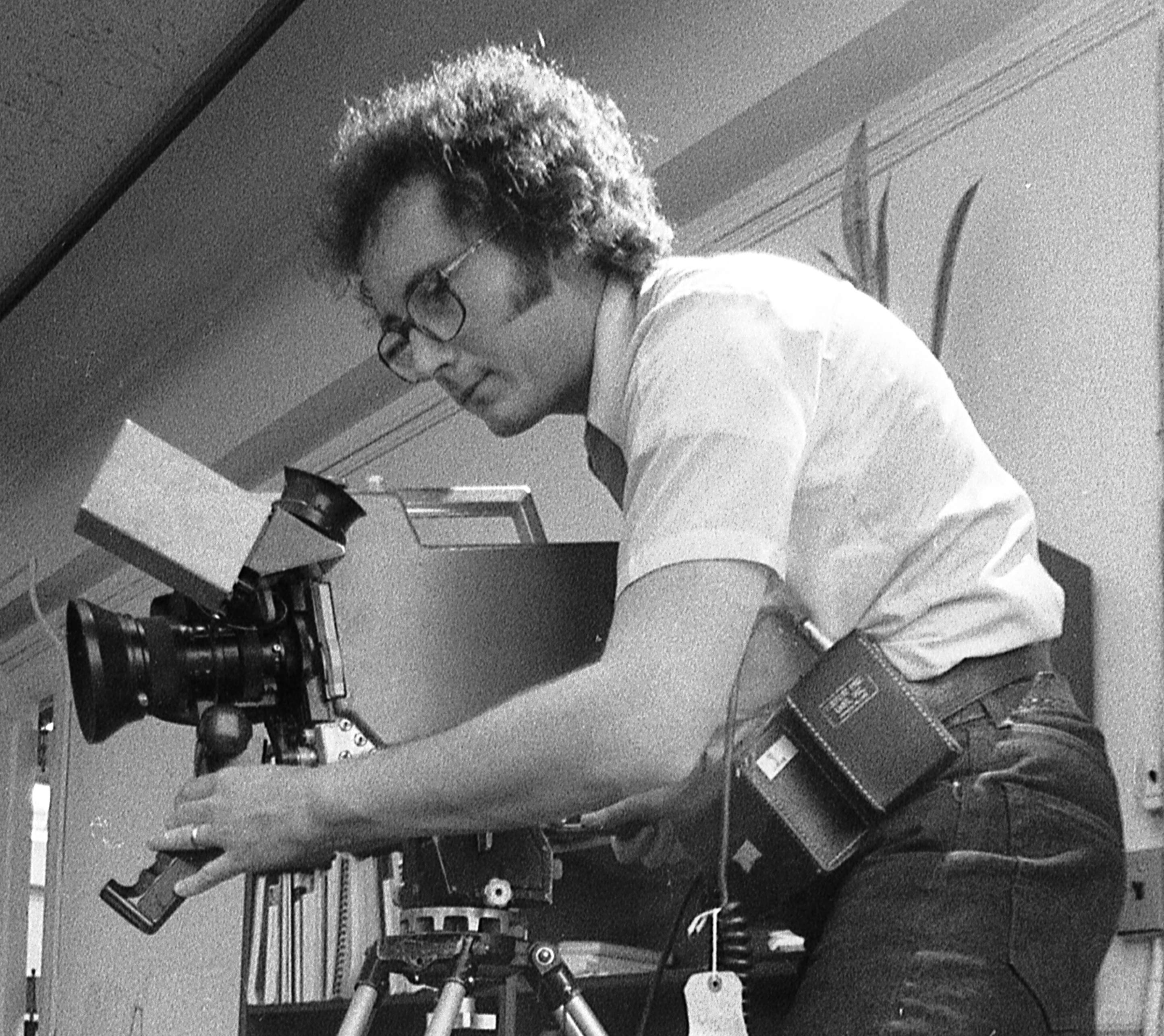FCC Rejects Petition to Deny Based on OET-69 Default Parameters
The FCC released a decision on another interesting DTV interference case. Sherjan Broadcasting Company, licensee of WJAN-CA on channel 41 in Miami, Fla., opposed a change in the DTV allotment for WPPB-TV at Boca Raton, Fla. WPPB-TV has NTSC non-commercial channel 63. It requested the FCC change its DTV allocation from channel 44 to channel 40. While you should read the Memorandum Opinion and Order to understand the various facets of this case, the core of the argument is that in its application for the allotment change, WPPB-TV used finer resolution than is the default in OET-69 studies to show its DTV operation on channel 40 would not cause unacceptable interference to WJAN on channel 41. The situation was made more complicated by the FCC's staff erroneously applying the same amount of allowable interference, 2 percent, used in full service DTV studies to the WJAN-CA Class A station, which the rules say shall not receive any interference, after rounding to the nearest percentage point, from modified facilities or new applicants. WJAN-CA submitted its own studies, at different resolutions finer than the OET-69 defaults, showing that interference would result at some combinations of terrain profile step size and cell size.
In its original filing, WPPB-DT submitted a study showing that, according to the FCC Memorandum Opinion and Order, used a terrain profile step value of .01 km rather than the default 1 Km step value. The .01 km spacing is probably a typo. I suspect this should have been 0.1 km spacing, which is more commonly used. Using the higher resolution terrain profile, WPPB-DT showed its proposed operation on channel 40 would cause 0.03 percent interference to the class A station, which rounds to zero under the FCC's Class A rules. Since the FCC does allow higher resolution and more accurate, terrain extraction when it makes a difference in the results of an interference study, the FCC accepted WPPB-TV's higher resolution Longley-Rice study, rejected the studies submitted by WJAN-CA, allowed the channel change and denied WJAN-CA's Petition to Deny.
The professional video industry's #1 source for news, trends and product and tech information. Sign up below.
